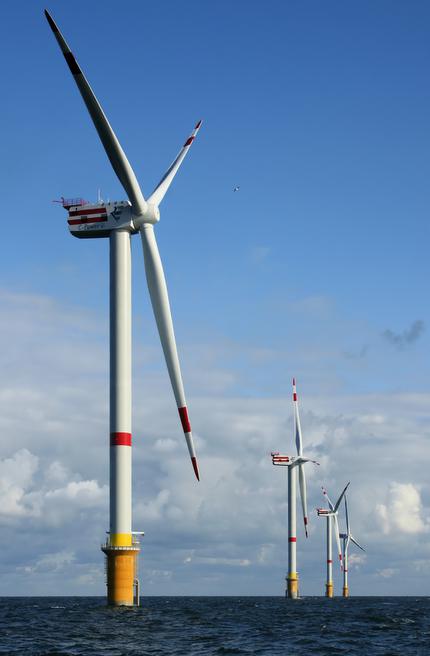The winds of change
Zack Metcalfe | Endangered Perspective

It would appear the tides have finally turned in favour of renewable energy, so suddenly in fact it’s been difficult to keep up. Over the last few weeks especially, leading up to the Paris Climate Conference, news outlets, businesses magazines and environmental organizations the world over have bombarded us with details of the impending clean energy revolution. Our global economy, so long considered the enemy of our environment, is embracing solar, wind, hydro, biofuel, geothermal and tidal power with more abandon than the leaders of any nation.
I’m writing this on Dec 4, the fifth day of the COP 21 Paris Climate Conference and I’m certain there will be much more to say once the summit is over, but I would like to share with you the broad strokes and trends which are independent of Paris.
Our last global attempt to defeat climate change was in 2009 with the climate summit in Copenhagen, Denmark, generally considered a failure. The Australian based Climate Council, an independent public awareness organization dedicated to sharing the science of climate change, recently published a report tracking the progress of renewable energy sources from Copenhagen until now … and their findings were extraordinary.
Since 2009, the cost of renewable energy has absolutely plummeted. In the case of solar power, the expense has dropped a staggering 75 per cent, making it 154 times cheaper than it was in 1970. As though that weren’t enough, the cost is predicted to drop another 40 per cent in three or four years. Wind power has also enjoyed a drop in price over these last six years — about 30 per cent. And the market has responded in kind.
Investments in renewable energy have jumped 50 per cent and outpaced those made in fossil fuels every year since 2009. Renewables have also become the leading source of new electricity generation globally. These historic jumps in the production of clean electricity have worked wonders for the economies involved, employing some 4.7 million people in six years. That brings the total number of jobs in the renewable energy industry from three million globally in 2009 to 7.7 million last year.
Already in Paris, the Indian prime minister Narendra Modi announced a coalition of 121 countries which will invest heavily in solar power technology and an alliance of African nations has committed billions to developing renewable energies across their continent. Entrepreneurs like Bill Gates, Mark Zuckerberg and others have also pledged billions for the advancement of renewable energy.
There will certainly be more to come from Paris — in fact more must come if we hope to avoid the worse of climate change — but these investments have been enough for economists to herald the end of fossil fuels in a few short decades. The costs of oil, coal, nuclear and gas have been rising steadily in all this time and are now being outmatched.
So, does this encouraging trend mean climate change has, at long last, been bested? No. The damage done to our planet, more specifically to our atmosphere, has been significant and if we want to avoid the kind of calamitous temperature rise predicted by our best and brightest, even these reassuring trends need to be accelerated. But perhaps for the first time in history, renewable energies have become a worthy successor to our fossil fueled world … and that’s something to celebrate.
Zack Metcalfe is a freelance environmental journalist, an author, and writer of the Endangered Perspective. He operates out of Halifax, Nova Scotia.
